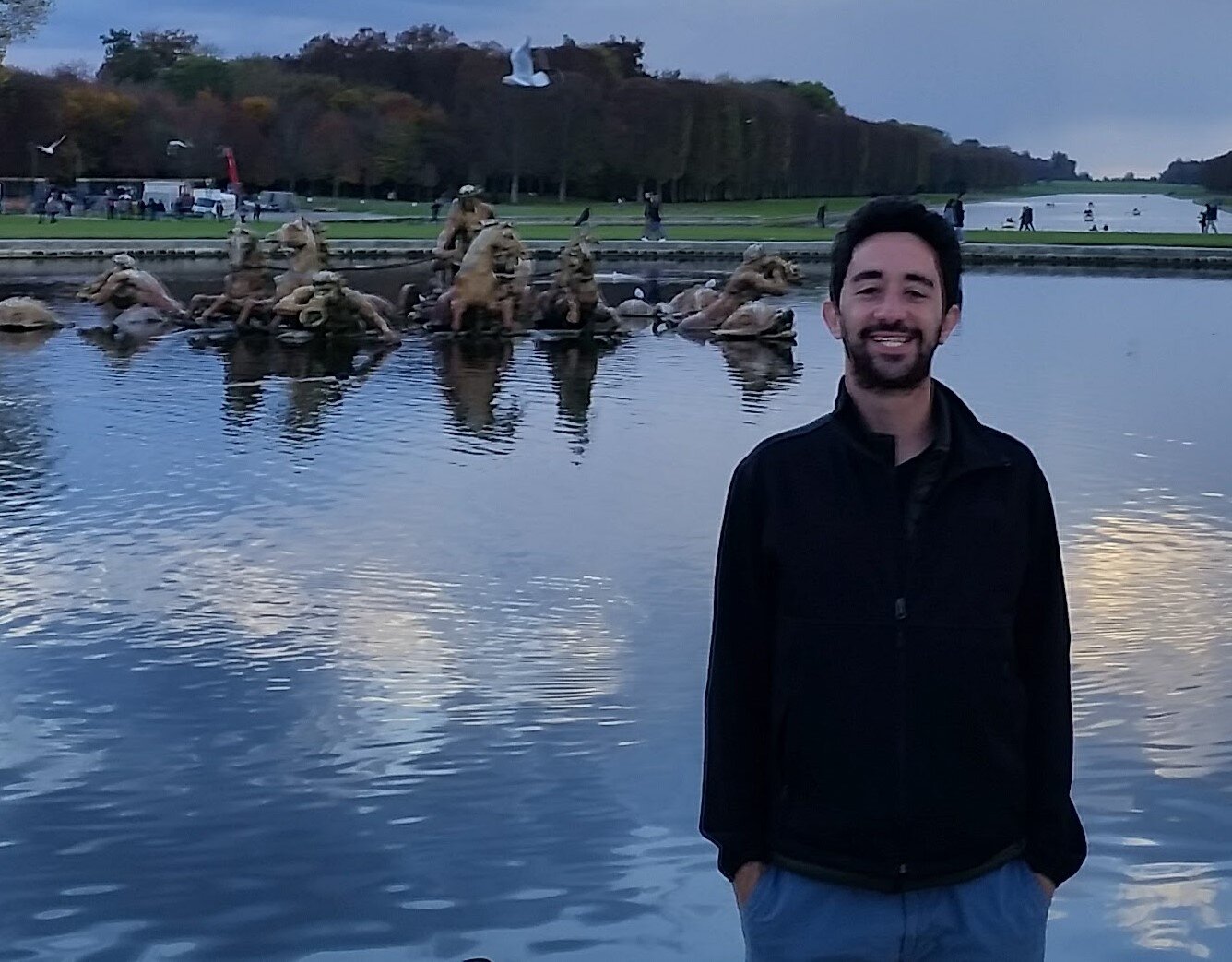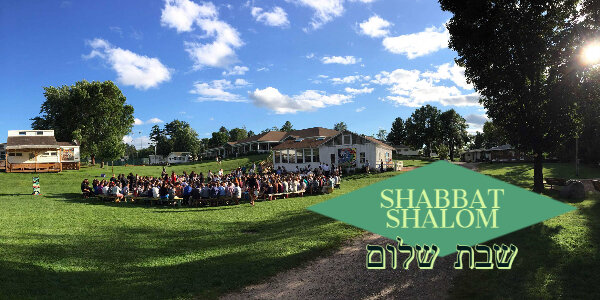Please enjoy a d’var Torah this week from Adam Schrag. Adam was a camper at Camp Ramah in Wisconsin for six summers and worked on staff for an additional six summers. A Knox College alum with a degree in Creative Writing, he currently lives in Tel Aviv and works at MAOZ, an NGO based in Lod.
Pursuing Justice By Building Trust
by Adam Schrag
Parashat Shoftim comes at a fitting time. As the world grapples with social, racial and political tensions served alongside a healthy dose of global pandemic, it’s only appropriate that we spend some time reflecting on what sound and effective leadership looks like.
As the parashah lists the rules which are relevant for all kings, priests, prophets, judges and law enforcement, we are introduced to the well-known phrase, “justice, justice shall you pursue” (Deut. 16:20). The parashah also notes that judges and law enforcement officials “shall judge the people [with] righteous judgment.” But what exactly does it mean for any of us to pursue justice or for our leaders or authority figures to judge righteously?
I’d argue that before any type of justice-based process is carried out, the first step should always be to build trust between all relevant parties. Trust serves as the currency that connects us to one another, drives change and ultimately determines our shared values and – in this case – our definition of justice. Leaders of any group or movement must earn and build trust with those around them in order to achieve progress. Without trust, leaders cannot possibly get true buy-in from those around them or make sound decisions which promote the common-good.
Justice, for example, can be pursued in situations where my definition of the word is different than that of the person I am interacting with. However, unless I take the time to understand his or her viewpoint and build trust with him or her, we won’t necessarily be able to even reach a point where righteousness enters the conversation.
So how does one build trust? I’d like to offer a model used by MAOZ, an Israeli NGO developing diverse Israeli socioeconomic leaders’ abilities to promote a wide variety of social changes (full disclosure: I work there). This trust-building model, which seeks to improve one’s leadership skills, is based on four elements:
Promoting diversity – giving every relevant group a seat at the decision-making table
Maintaining high ethical standards – making sure that decisions are made with everyone’s common-good in mind
Sharing responsibility – ensuring that everyone pulls his or her own weight
Understanding other people’s stories – stepping into others’ shoes to hear and internalize their voices and viewpoints
Before even considering what justice or righteousness ought to look like, we should all reassess the role trust plays in our lives and push our leaders to do the same. There is no better time than now to listen more, consider new perspectives, invest in those around us and forge our way forward together.
My belief that trust is the key to driving positive change was largely formulated at Camp Ramah in Wisconsin: in my cabins over the years, on the kikar throughout my summers as a camper and staff member and in so many other spaces. While camp’s cabins and the kikar were empty this past summer, the unique power of the camp community gives us all the tools to build trust and pursue justice so that we can do good in the world and even lead in these challenging times, despite being separated.







